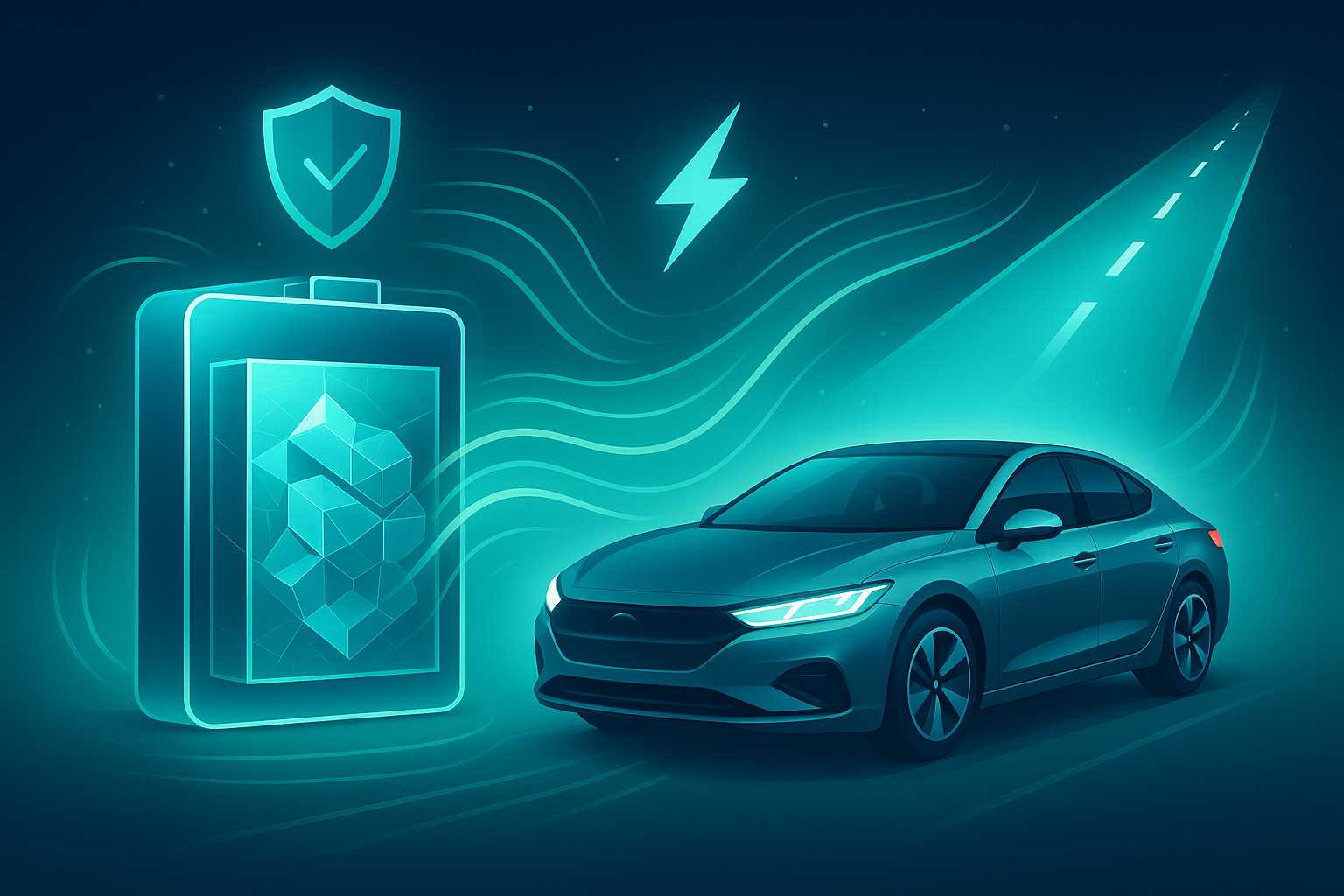The automotive industry has undergone monumental shifts in recent years, but one area where innovation is especially robust is battery technology. As electric vehicles (EVs) become more mainstream, the discussion is increasingly turning to solid-state batteries—a technology poised to transform the very foundation of automotive energy storage.
What Are Solid-State Batteries?
Traditional lithium-ion batteries, the current standard in EVs, use liquid electrolytes to transfer ions between the battery’s anode and cathode. Solid-state batteries, as the name suggests, replace this liquid with a solid electrolyte. This fundamental change brings considerable advantages: increased energy density, greater safety, faster charging times, and a longer operational lifespan.
Why Is This Important for Automobiles?
One of the most significant hurdles for widespread EV adoption is range anxiety—the concern that an electric car can’t travel as far as its gasoline counterpart. Solid-state batteries can potentially double the energy density compared to current lithium-ion solutions. This means cars can travel much farther on a single charge, reducing anxiety and increasing the viability of EVs for long-distance travel.
Safety and Performance Advantages
Liquid electrolytes are flammable and can pose risks in the event of a crash or puncture. Solid electrolytes, in contrast, are far less likely to catch fire, offering a substantial boost in safety. Additionally, these batteries often hold up better after many charge-discharge cycles, making them especially attractive for car owners seeking lower long-term maintenance costs.
Industry Adoption and Challenges
Automotive giants like Toyota, Volkswagen, and BMW are investing heavily in solid-state battery research, with some promising prototypes already in testing. However, mass production remains a challenge. Manufacturing solid-state cells at scale and at an affordable price is a hurdle yet to be cleared. But with rapid advancements and billions being invested, industry experts forecast commercial availability within the next five to ten years.
The Road Ahead
Solid-state technology is not just an evolutionary step—it’s a revolution in how we power the vehicles of tomorrow. For drivers, it means safer, longer-range, and quicker-to-charge electric cars. For the industry, it’s the next technological leap that could finally tip the balance in favor of electrification.
Stay tuned—the battery revolution is just getting electrified.
– Lex


Leave a Reply